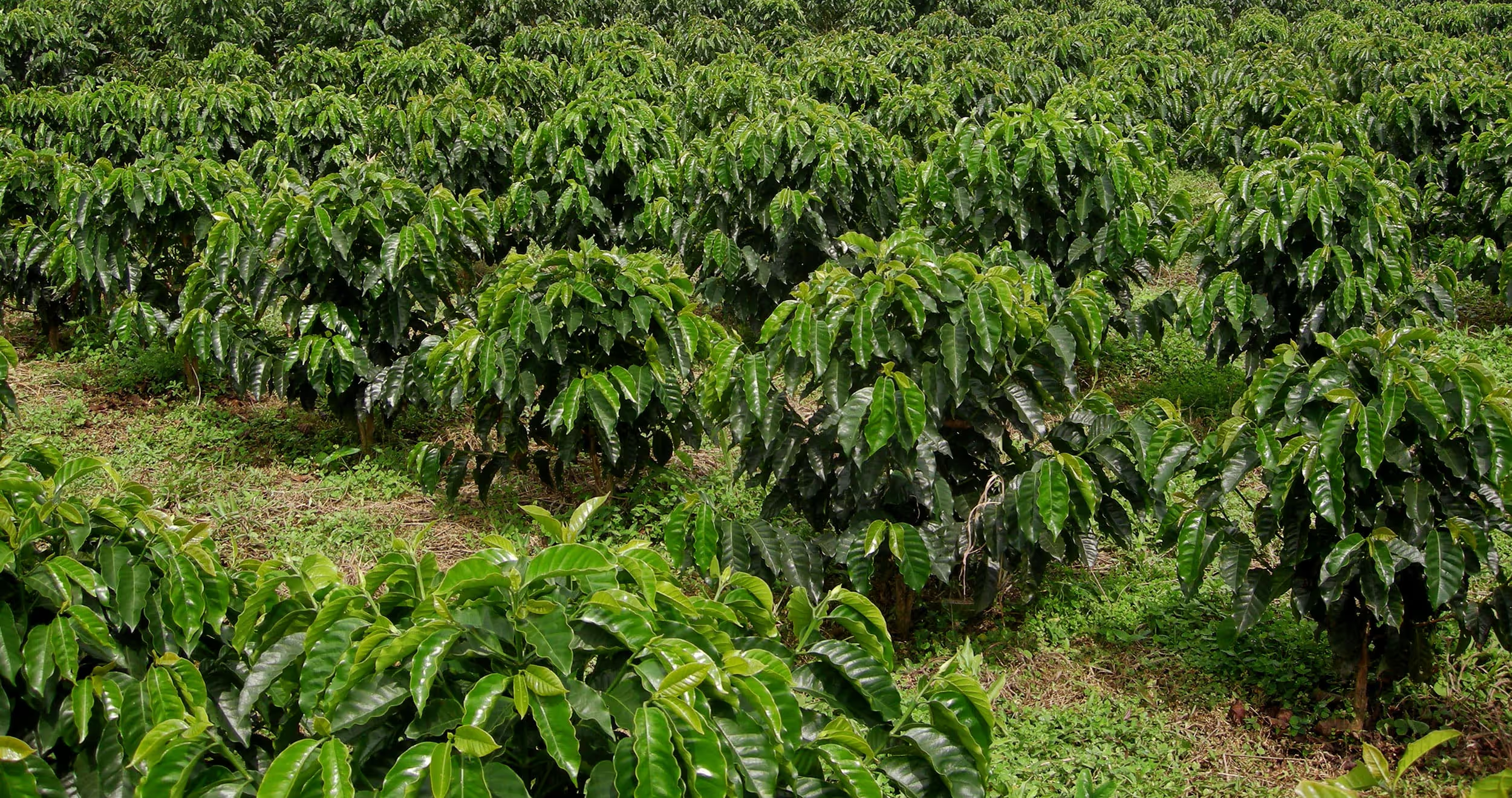
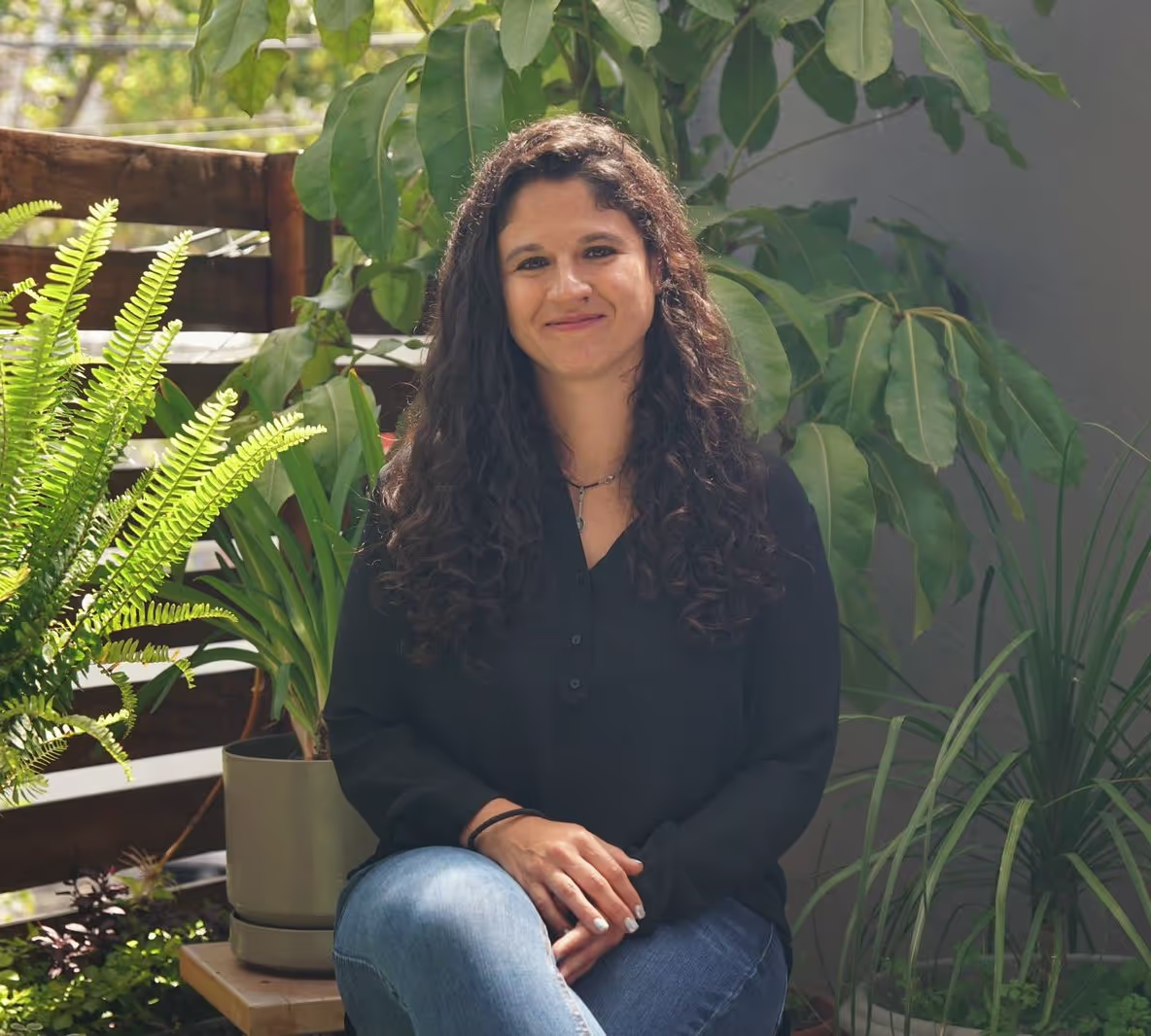
The CQI community is a vast, diverse, and impactful group of individuals – all with a similar goal or interest of improving and identifying coffee quality to the benefit of the livelihood of those directly involved.
In this community chat we had the opportunity to speak with Camila Khalife, Q Arabica Grader and Co-Founder of Botánica in Quito, Ecuador.
Camila, like a lot of us in coffee, started in a different career path – one that eventually led her to the world of specialty coffee. She is a graphic designer, with a background in communications. She stumbled upon coffee by chance – spending time interacting with and supporting coffee friends in Quito. Camila was curious and started learning the basics about coffee and she grew to love it. That led to a new journey.
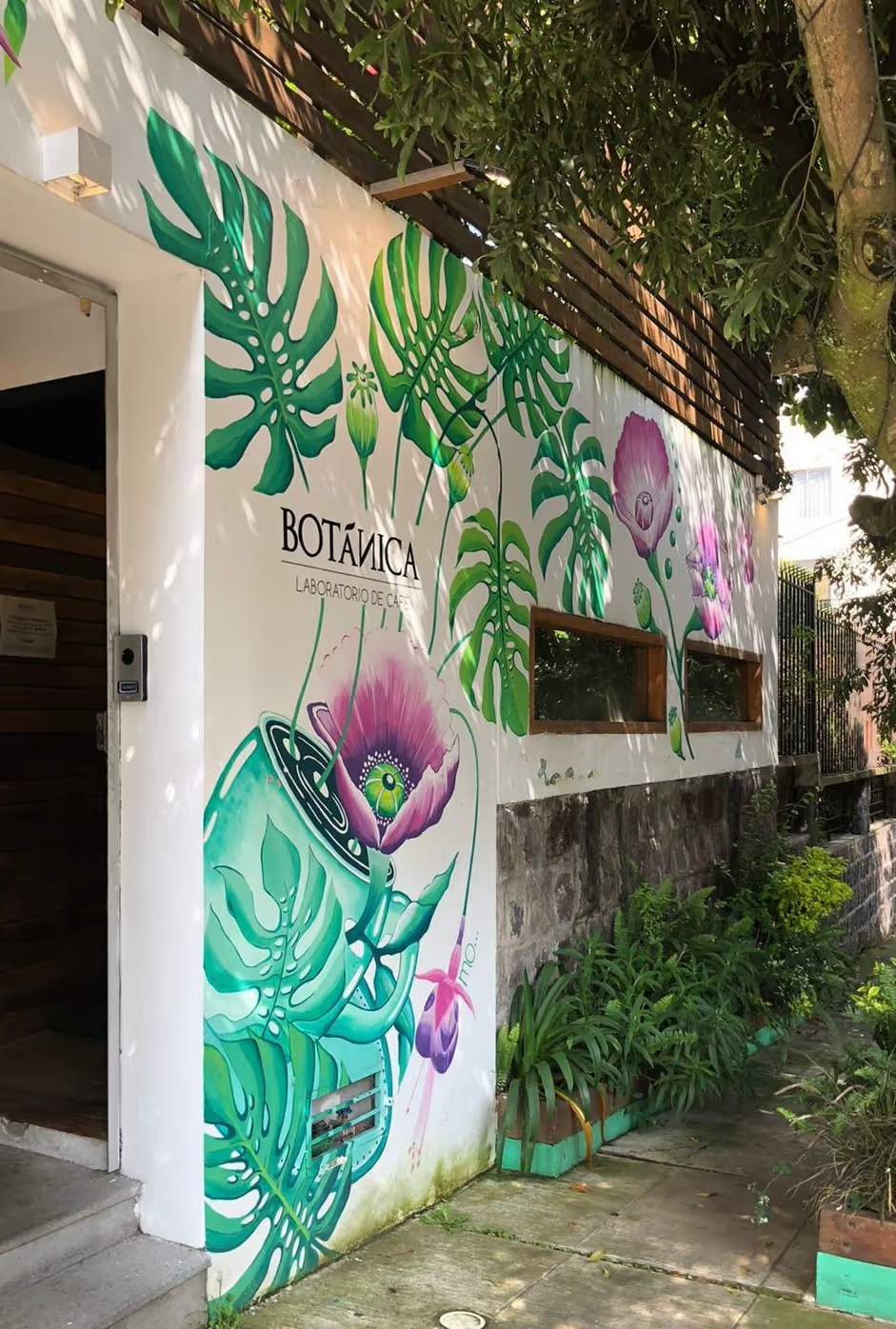
Camila took a leap and decided to open Botánica Café in 2014. Looking back, she realized that she truly fell in love with coffee after experiencing cupping for the first time. Two years ago, Botánica introduced a quality control (and mini coffee) school, where Camila and staff can truly geek out about coffee, and ultimately expand their services to be more education focused. Botánica has shifted their branding, marketing, and services from a traditional coffee shop (Botánica Café) to a full-blown coffee community space – “Botánica, Laboratorio de Café”, recently hosting events such as “Girlsplaining” and CQI courses such as the Q Arabica Combo course.
What is the quality you like best about coffee?
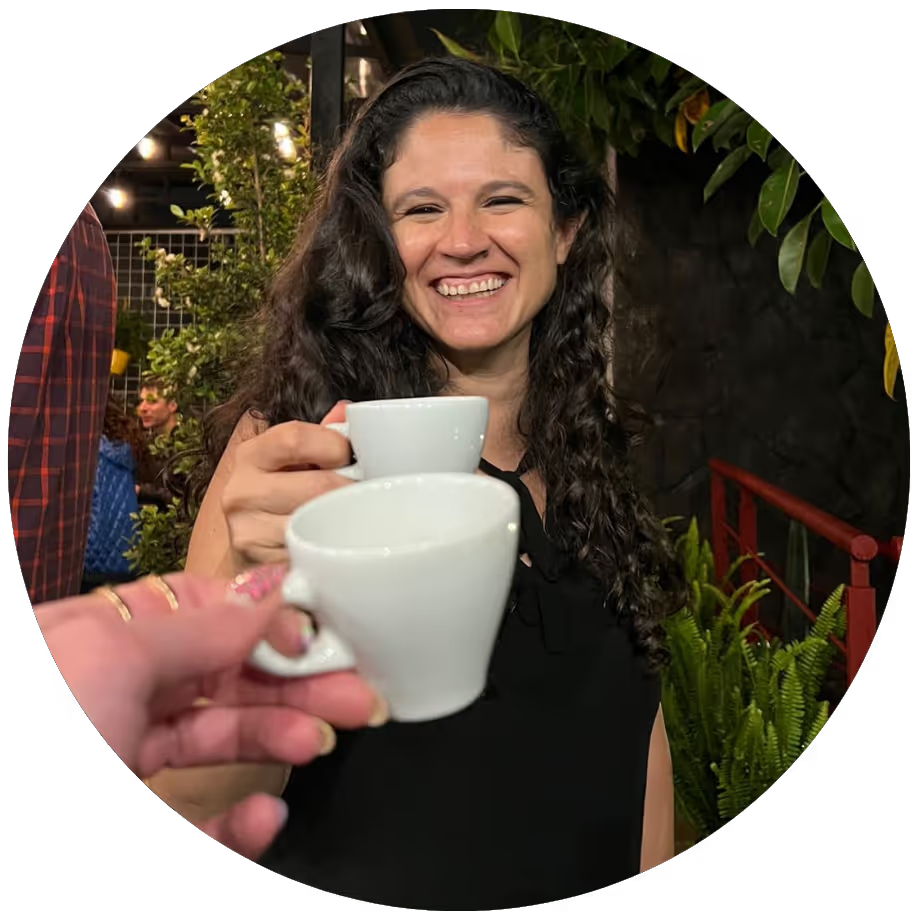
"Versatility! – wide range of tastes, roast levels. A diverse offering. It can be served black, or with milk, or brewed with a V60. Doesn’t have to be the highest quality."
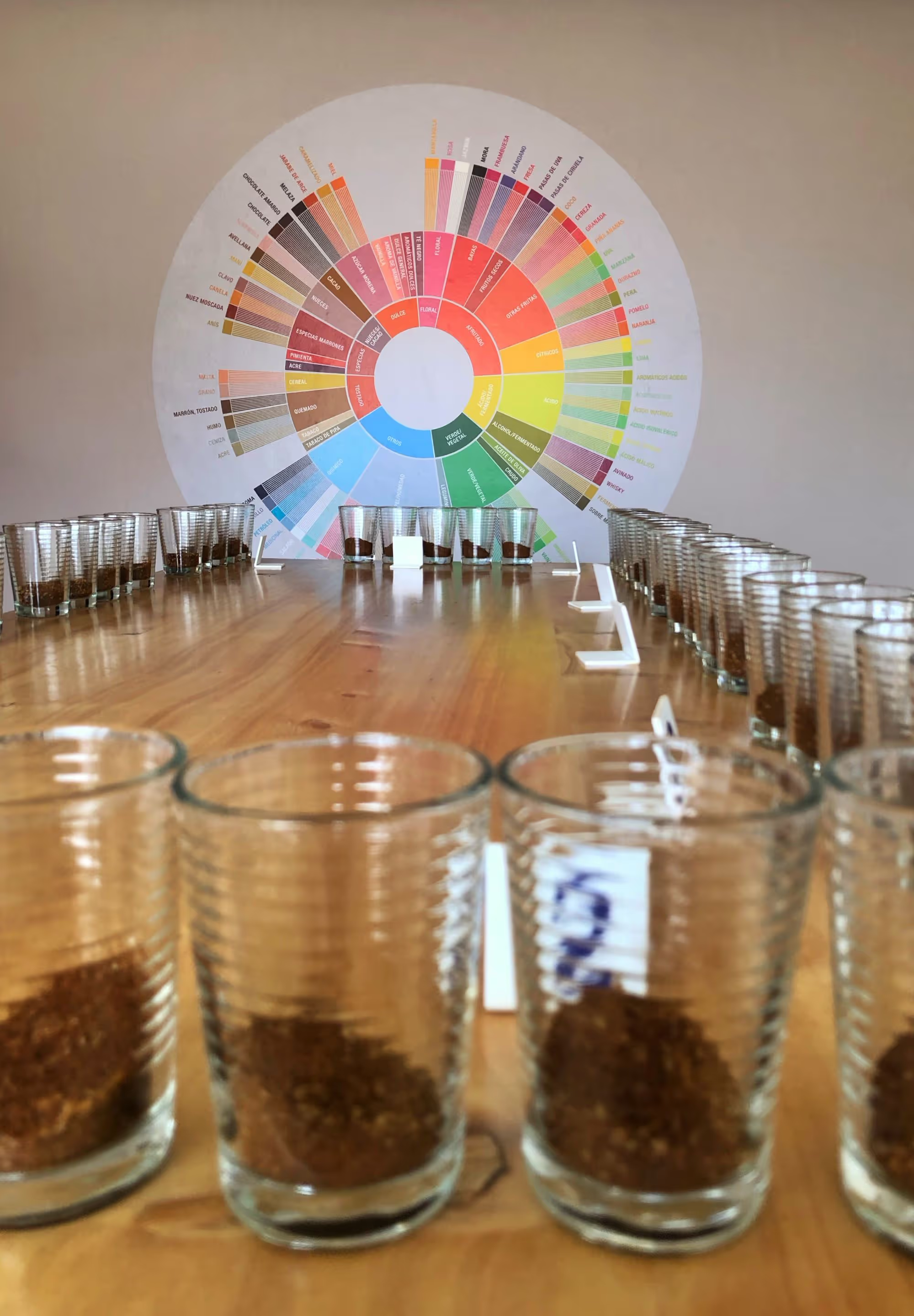
Since Camila truly enjoyed the sensory analysis aspects of cupping – she did some research on how to further improve her skills, which led her to CQI and the Q Grader course. She read about the course and decided to take her time to fully prepare, grasping at every learning opportunity she came across. One thing that she did to prepare for the Q was become a judge in national (and ultimately international) coffee championships. In 2015, Camila started judging at home in Ecuador. In order to become a judge for international competitions, she pursued the required certifications – which included sensory skill exercises. This work proved to be a great way to practice how to objectively evaluate and describe coffees under a time constraint.
After becoming a Q Grader, Camila took on a role at a local exporter, where she learned how to work directly with producers as a green buyer. She started providing services to producers through Botanica, where they would commit to buy the coffee, but she didn’t give the price. She asked them to name their price instead. Camila notes that she enjoyed adding a human element to the Q Grader certificate – empathy and compassion for producers. She is participating in the CQI Quality Evaluation Assistant Instructor program – with a goal of making coffee education (and educator development) more accessible.
.avif)
Do you have any tips you would like to share with someone who is preparing for the Q?
“Also, be conscious of yourself – what is going on in your sensory world. Introspective training! Know yourself as a cupper!” - Camila
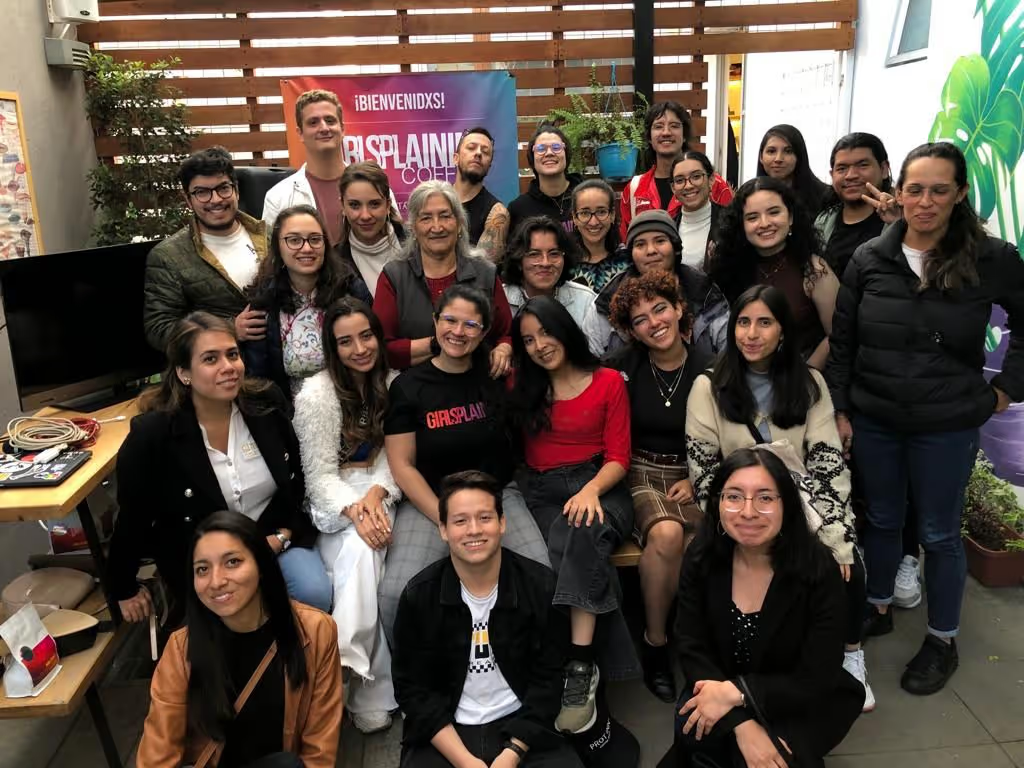
Camila and the team at Botanica are focused on offering more training and sensory skill development opportunities at their lab. We asked Camila if there were any projects or new initiatives that she would like to share with the CQI community – here is a sneak peek:
In addition to everything else going on in her life – Camila is also the Communications Lead & Programs Co-Lead of the Chain Collaborative, an organization focused on community-led development in the coffee sector. Through their core program, they can partner with local leaders from coffee growing regions in Latin America and East Africa and support them in their efforts to design and carry out projects within their own communities, based on their own goals and vision for change. You can check out their website or IG to learn more.